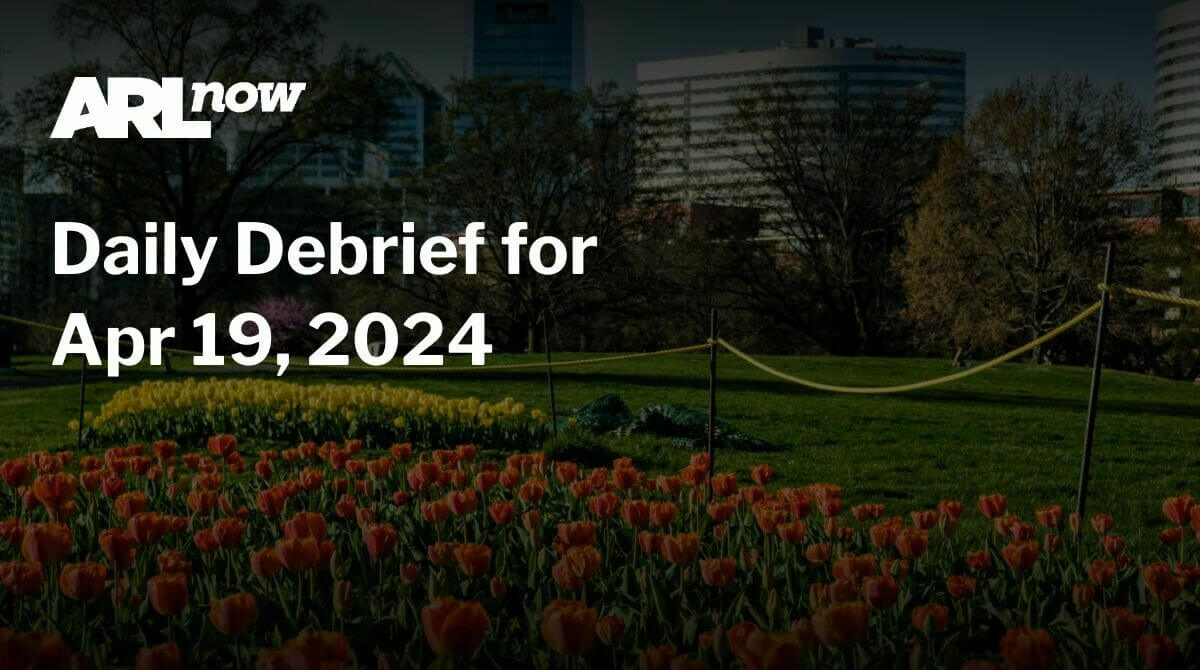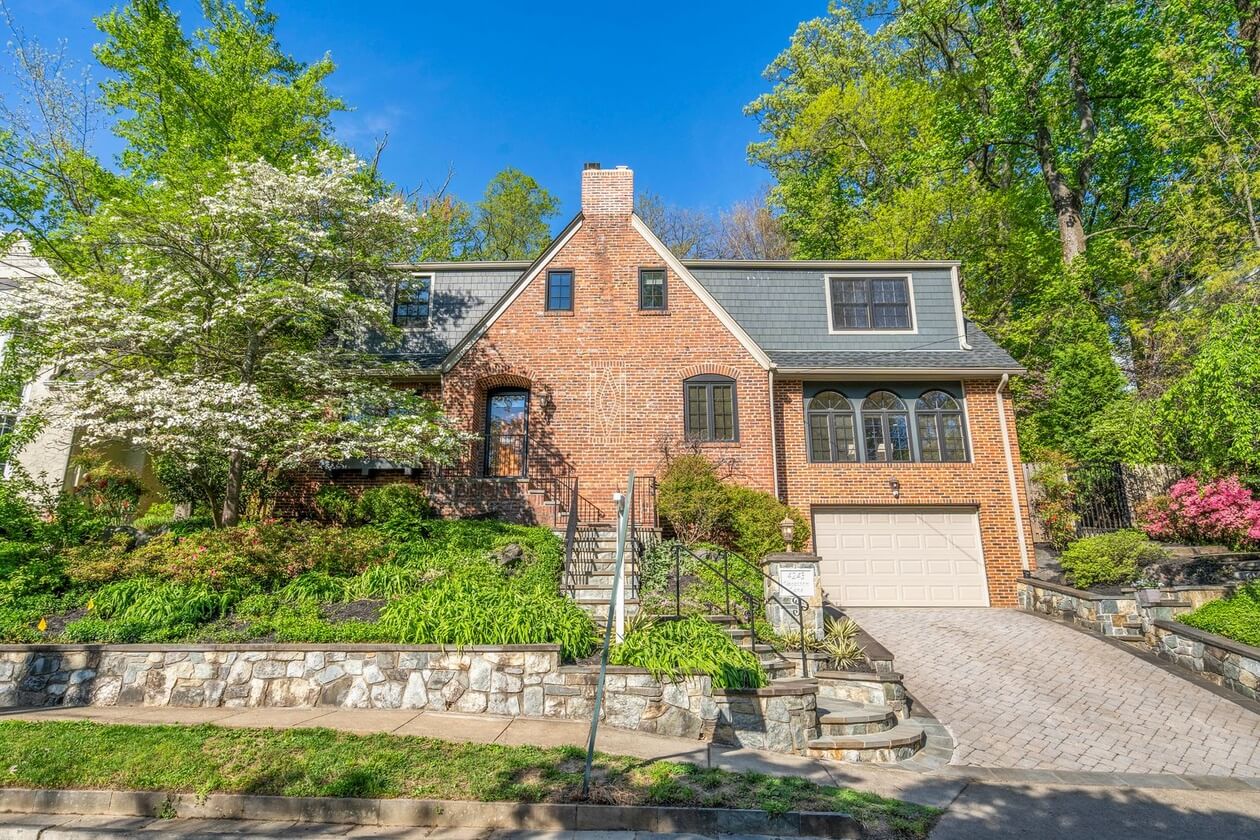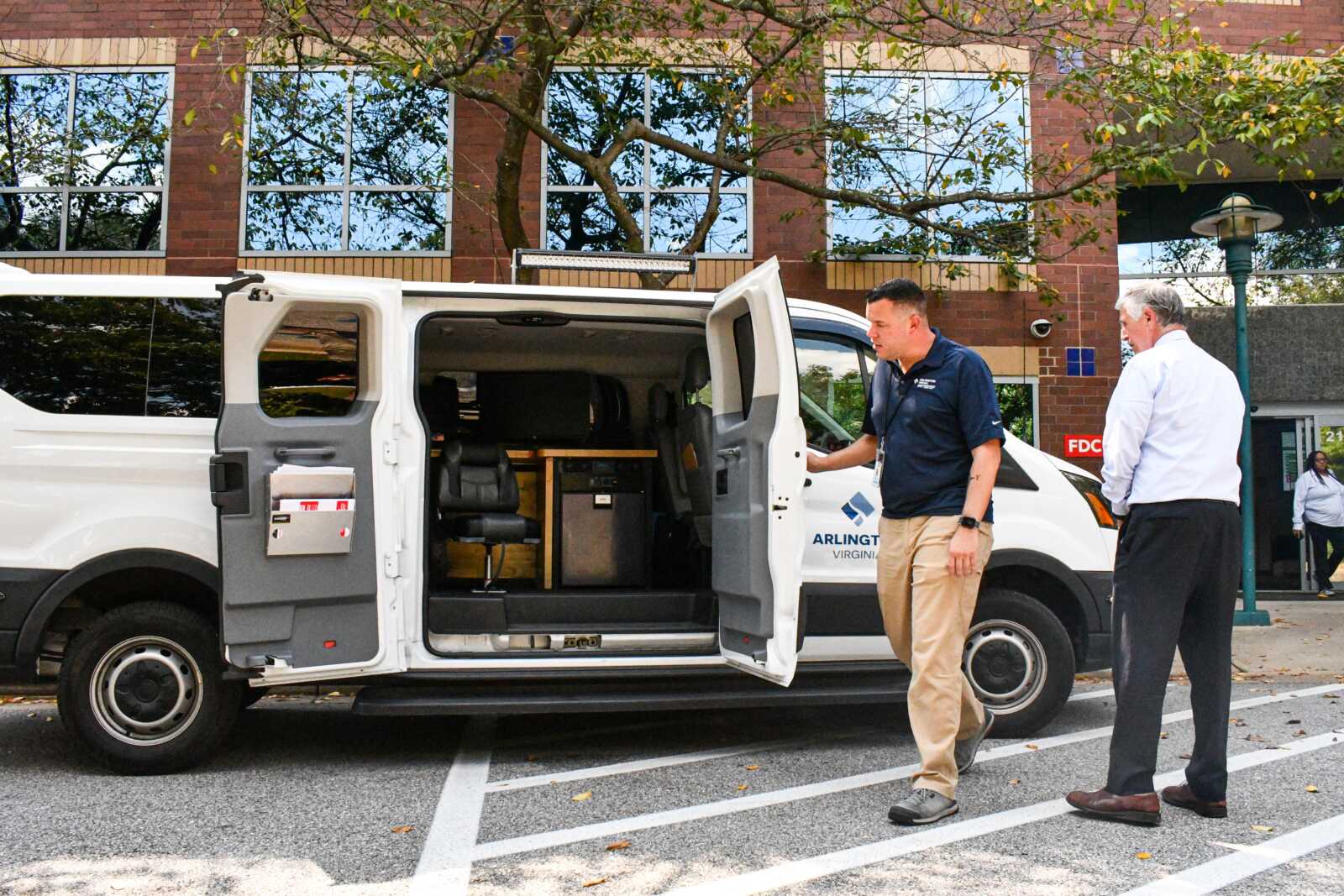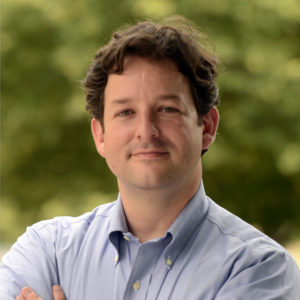 Progressive Voice is a weekly opinion column. The views and opinions expressed in the column are those of the individual authors and do not necessarily reflect the views of their organizations or ARLnow.com.
Progressive Voice is a weekly opinion column. The views and opinions expressed in the column are those of the individual authors and do not necessarily reflect the views of their organizations or ARLnow.com.
By Alfonso Lopez
When Virginians vote this year for Governor, Lt. Governor, Attorney General, and House of Delegates candidates, one key issue should be redistricting and the importance of fair, competitive House districts. We need to elect candidates who will fix the detrimental impact that partisan gerrymandering has had on our country and Commonwealth.
A recent report by the Center for American Progress highlights how partisan gerrymandering and unfair district maps have skewed the legislative process.
When legislators pick their voters instead of the other way around, it creates a culture of divisiveness, partisanship, and lack of accountability that negatively affects every aspect of our democracy.
In Virginia, we’ve created a system where one party holds a 66-34 majority in the House of Delegates despite losing every statewide election for the last five years and when overall House votes cast across the state are roughly 50-50 between the parties.
Over the years Virginia has transitioned from a rural to a much more urban/suburban state. Indeed, our population growth and economy is increasingly driven by areas like Northern Virginia, Metro Richmond, Hampton Roads, Charlottesville, and Roanoke. However, gerrymandering with a software-driven, laser-like scalpel has ensured that rural areas wield outsized influence within the Richmond policy making process.
As a result, policies that are supported by voters in urban/suburban areas like Arlington and Fairfax County are often summarily rejected in the committee process before they ever reach the House of Delegates floor.
A prime example — supported by the majority of Virginians – is Medicaid expansion.
Despite the undeniable benefits expansion would bring to rural hospitals struggling to stay open, legislators representing rural areas have drawn themselves into such partisan districts that supporting anything associated with Obamacare threatens a serious primary challenge. The same is true for legislation to raise the minimum wage and increase K-12 education funding.
The irony is that often the constituents of these rural districts have the most to gain from these policies.
Hospitals in rural areas are struggling with the costs of uncompensated care. Lee County lost its hospital in 2013 and, just two weeks ago, Pioneer Community Hospital in Patrick County announced that it will close.
What company wants to move their operation, manufacturing plant, or call center to a county without a hospital?
The same is true for state K-12 education funding, which makes up a significant portion of public education funding in rural areas.
Northern Virginia can rely on a strong local tax base in building world class public education systems. Unfortunately, rural parts of the state don’t have the same local revenues.
If districts in Virginia were drawn to be more competitive, more legislators in Virginia could buck party dogma in favor of legislative solutions with broad, bipartisan public support such as raising revenue for public education or expanding access to health coverage under the Affordable Care Act.
In times past, partnerships in the General Assembly developed between rural and urban/suburban legislators – merging urban/suburban support for measures to spend resources on core services for rural areas with rural support for economic development and transportation initiatives needed to keep urban/suburban economies moving forward. The result was enhanced revenues for core services across the Commonwealth.
Instead, we have ideological gridlock and stagnation that holds Virginia back.
That is why Virginia needs an independent, nonpartisan Redistricting Commission that takes into consideration natural geographical boundaries, jurisdictional boundaries, communities of interest, and competitiveness when creating district boundaries.
If we want to create reasonable districts that fairly represent the values and priorities of all Virginians, we need to remove politics from the redistricting process.
2017 represents a major turning point in the push for nonpartisan redistricting. The next Governor of Virginia will oversee the 2020-2030 redistricting process and can veto any plan that uses partisan gerrymandering to rig our democracy for the next decade.
The choice could not be clearer.
As the head of the Republican State Leadership Committee in 2010, Ed Gillespie led the Redistricting Majority Project (REDMAP) with the expressed purpose of flipping state legislatures having the largest impact on Congressional redistricting. Gillespie publicly stated that their goal in drawing new lines was to “maximize gains” for Republicans.
In contrast, Lt. Governor Ralph Northam has been a strong advocate for nonpartisan redistricting and even cosponsored nonpartisan redistricting legislation when he was a member of the State Senate.
It’s time to break the cycle of partisan gerrymandering that has skewed our democracy and our legislature’s public policy priorities.
Make your voice heard by voting for Ralph Northam for Governor on November 7.
Alfonso Lopez represents Virginia’s 49th District in the House of Delegates, which includes South Arlington and Eastern Fairfax County. He serves as the Democratic Whip in the Virginia House of Delegates. He and his family are long-time Arlington residents.
Recent Stories

For Immediate Release
Progress for All Announces Inaugural Black Men Vote Virtual Town Hall
Date: April 19, 2024
Contact: Marc M. M. Peters
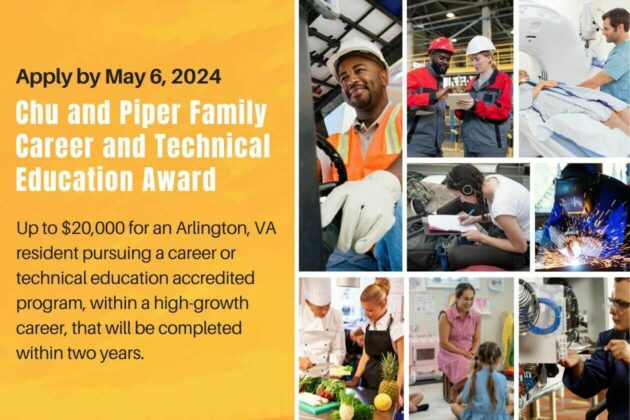
The Award is available to recent high school graduates and non-traditional students (see the application for more details). Each recipient may be awarded up to $20,000. Applicants are required to submit an online application form as well as a short video application.
The applicant must be an Arlington resident pursuing a career or technical education accredited program, within a high-growth career, that will be completed within two years.
The careers and programs include, but are not limited to:
-
Audio, Video, and Sound Engineering Technicians
-
Broadcast Technicians
-
Commercial Drivers
-
Culinary Arts
-
Early Childcare Education
-
Healthcare
-
Information Technology and Computer Science
-
Manufacturing and Skilled Trades (including welding, auto and aviation mechanics and technicians)
-
Public Safety
ACFCU’s Free Homebuying 101 Webinar: Steps to Getting Pre-Approved
Are you ready to jump into homeownership, or have you started considering it but don’t know where to start?
Financial preparation is key when thinking about purchasing your first home and the first step to getting pre-approved. Join ACFCU for
Sweeney Todd
A victim of a gross injustice that robbed him of his wife and child, Sweeney Todd sets about exacting a terrible revenge on society.


